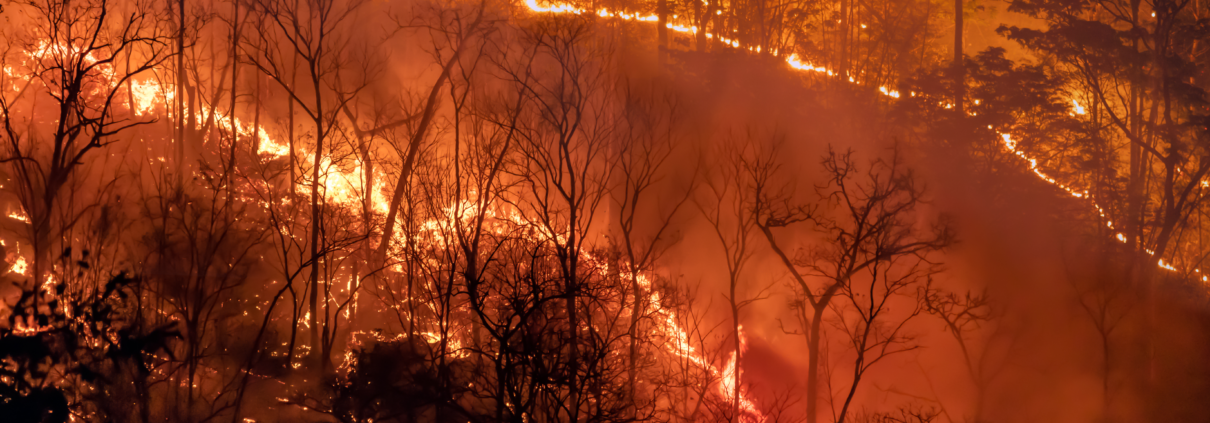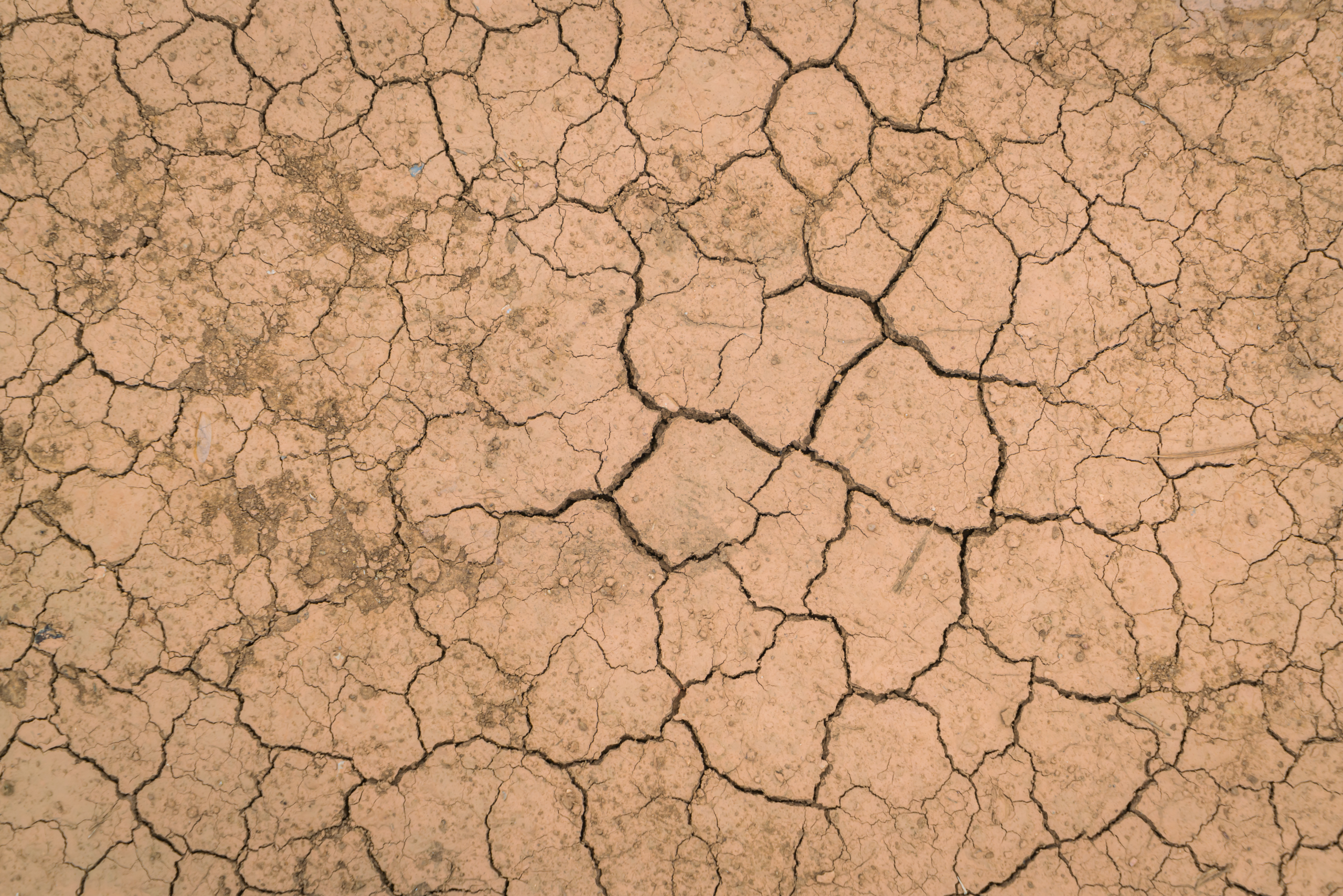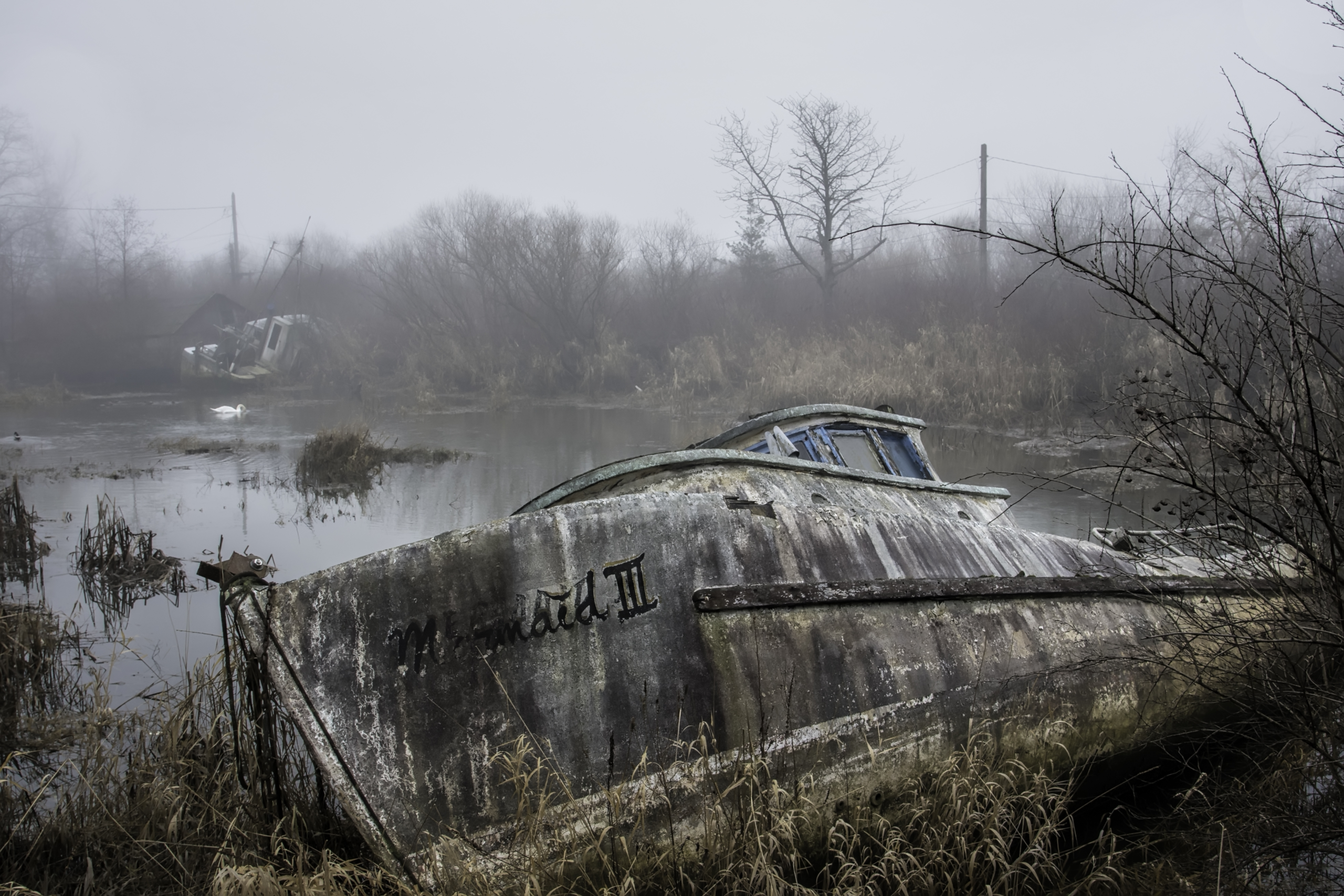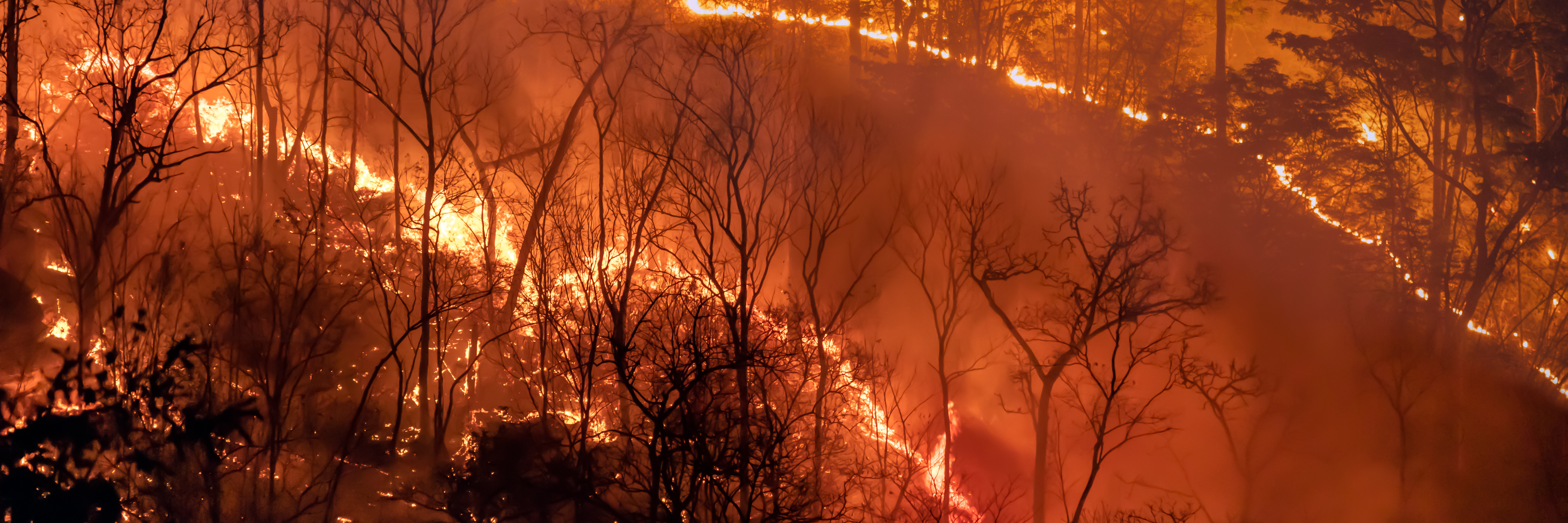
Global warming is no longer a distant threat, but a reality for which France must already prepare. According to projections by Météo France, our country will experience major climatic upheavals by mid-century. Rising temperatures, recurring droughts, deadly heatwaves, devastating floods… Here’s what the French can expect in the coming decades.
Une hausse généralisée des températures
By 2050, in a median scenario, the average annual temperature in mainland France will have risen by 1.7°C compared to the 1976-2005 reference period. In reality, however, this national average masks major regional disparities.
Warming will present a clear south-east/north-west gradient across France. As a result, the rise in average temperatures will be less pronounced in Brittany (+1.1 to +1.4°C depending on the sector) than in the Provence-Alpes-Côte d’Azur region (+1.6 to +2.2°C).
In concrete terms, this means that in the future, Rennes will experience a climate similar to that of Bordeaux today, while Marseille will experience scorching summers comparable to those of Barcelona today. A climatic shift of around 200 to 300 km to the north is to be expected for most French regions.
Heat waves on the increase
One of the most striking consequences of rising temperatures will be a significant increase in the frequency and intensity of summer heat waves. According to Météo France, very hot spells could be up to 5 times more frequent than at present in some regions, particularly inland in the south and southeast.
By way of example, a heatwave of comparable intensity to that of the summer of 2003, which caused 15,000 deaths in France, could occur every other year by 2050 in the most exposed regions. Tropical nights, with temperatures not dropping below 20°C, will also become commonplace during the warmer months.
Faced with this increase in heatwave phenomena, large cities, which are veritable urban heat islands, will be particularly vulnerable. Fragile populations such as the elderly, infants and people suffering from respiratory or cardiovascular pathologies will be the first victims of these repeated heat waves.
Widespread drought and water shortages
As temperatures rise, droughts are also likely to multiply and intensify, particularly during the summer months in regions that are already the most vulnerable, such as the Rhône Valley, Provence and Corsica.
According to experts, rainfall deficits could reach up to 30% in the south-eastern quarter of the country by 2050. Such a situation would inevitably lead to recurrent shortages of drinking water and widespread restrictions on consumption by private individuals and by agricultural and industrial activities.
Groundwater tables, already stretched to the limit, would no longer be able to recharge sufficiently during the off-seasons. Rivers would experience severe low-water levels, and reservoirs would no longer be able to meet all water needs.


Under these conditions, drinking water supplies to major urban areas could be seriously compromised during the hottest periods. Conflicts of use between the various consumer sectors (domestic, agricultural, industrial, energy) are also to be expected.
Increased risk of flooding
While summers are likely to be hotter and drier overall, winters are likely to be wetter and milder over a large northern half of France. Cumulative annual precipitation is likely to be 10-20% higher than today in northern and western regions.
This increase in winter precipitation, combined with accelerated snowmelt as a result of warming, will increase the risk of flash floods and devastating floods in many watersheds. The most exposed regions will be the north-west, the Atlantic seaboard and the Rhône and Seine river valleys.
Cities crossed by rivers such as Paris, Lyon or Rouen will have to be prepared for major floods, potentially on a scale greater than those seen in the past. The human and material damage could be considerable if the protection systems fail.
In addition to river flooding, intense thunderstorms generating massive runoff and mudslides will also be more frequent, particularly in Mediterranean regions. Buildings located near temporary watercourses or ravines will be particularly vulnerable.
Impacts on agriculture and biodiversity
These climatic changes will naturally have major repercussions on farming activities and biodiversity in mainland France. In the regions hardest hit by the summer drought, yields of rain-fed crops such as cereals and sunflowers will fall drastically.
Livestock and irrigated crops such as corn and orchards will suffer from recurrent water shortages. Forest and vegetation fires, fanned by heat and drought, will become a major hazard in the south of the country.
Many tree species and plant and animal species will not be able to adapt quickly enough to these rapid changes. Their range will shift northwards as the climate warms. Some will simply disappear from regions that have become too hot and arid for their survival.
Faced with the magnitude of future climate change, governments and local authorities will have no choice but to implement ambitious adaptation strategies. These will involve sustainable management of water resources, prevention of increased natural risks, massive thermal renovation of buildings and preservation of the most vulnerable ecosystems.
This will be a major challenge for our societies, which will have to learn to adapt to this new climate at a pace probably unprecedented in history. One thing is certain: by 2050, the France we know today will have changed radically.
The circular economy, a sustainable way of life
The circular economy makes it possible to significantly reduce greenhouse gas emissions throughout the product life cycle. By giving priority to reuse, repair, reconditioning and recycling, we avoid the extraction of new virgin resources and the production of new goods, both of which emit high levels of CO2. In addition, better management of waste, particularly organic waste, limits methane emissions from decomposition. The circular economy also creates new green and sustainable jobs, facilitating the transition to low-carbon production and consumption patterns. Finally, by reducing our dependence on fossil fuels, it helps to free us from the energy sources that emit the most greenhouse gases.
Read also
Questions about CircularPlace?



